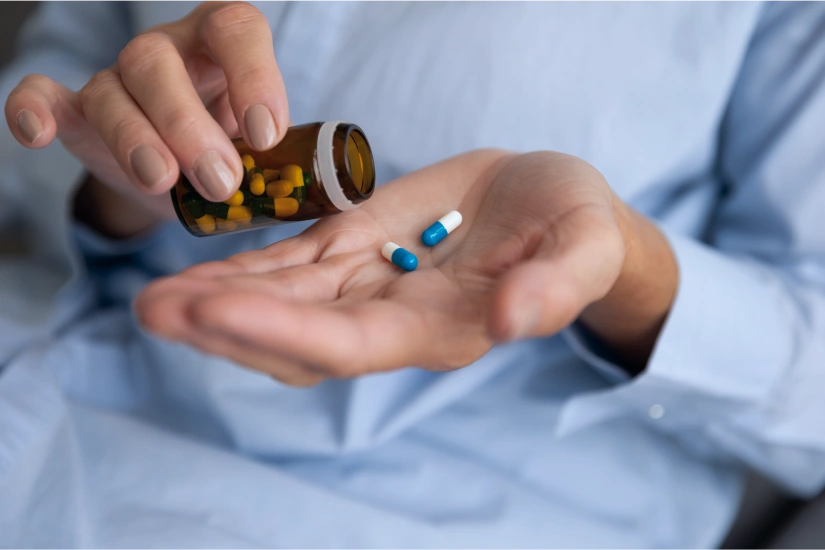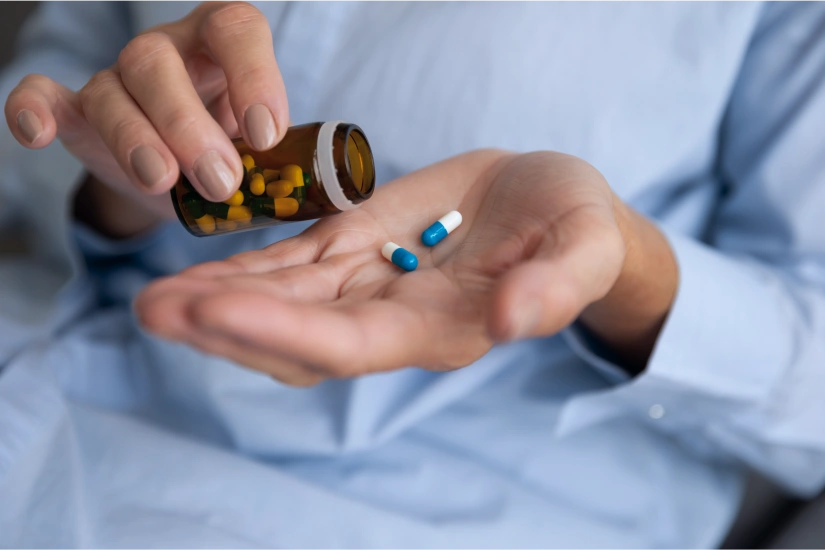24/7 Helpline:
(866) 899-221924/7 Helpline:
(866) 899-2219
Learn more about Medication-assisted Treatment centers in New London
Medication-assisted Treatment in Other Cities

Other Insurance Options

Holman Group

Cigna

Self-pay options

BlueCross

Sliding scale payment assistance

Oxford

Private insurance

United Health Care

Premera

UnitedHealth Group

American Behavioral

Health Choice

GEHA

Horizon Healthcare Service

UMR
Beacon

CareSource

Coventry Health Care

Optum

Amerigroup








Monarch
Monarch is a behavioral health treatment rehab facility located in Albemarle, NC for adults and chil...

Stanly Regional Medical Center – Behavioral Health
Stanly Regional Medical Center – Behavioral Health is a private rehab located in Albemarle, North Ca...

Daymark Recovery Services
Daymark Recovery Services is located in Albemarle, North Carolina. Daymark Recovery Services is a no...






































































Genesis A New Beginning
Genesis A New Beginning is a private rehab located in Albemarle, North Carolina. Genesis A New Begin...

AA – Alcoholics Anonymous
AA – Alcoholics Anonymous is a non-profit rehab located in Albemarle, North Carolina. AA – Alcoholic...

Carolinas HealthCare System Behavioral Health
Carolinas HealthCare System Union offers outpatient and partial hospitalization program for those ad...














































